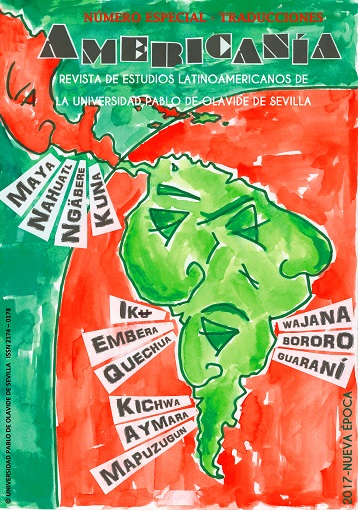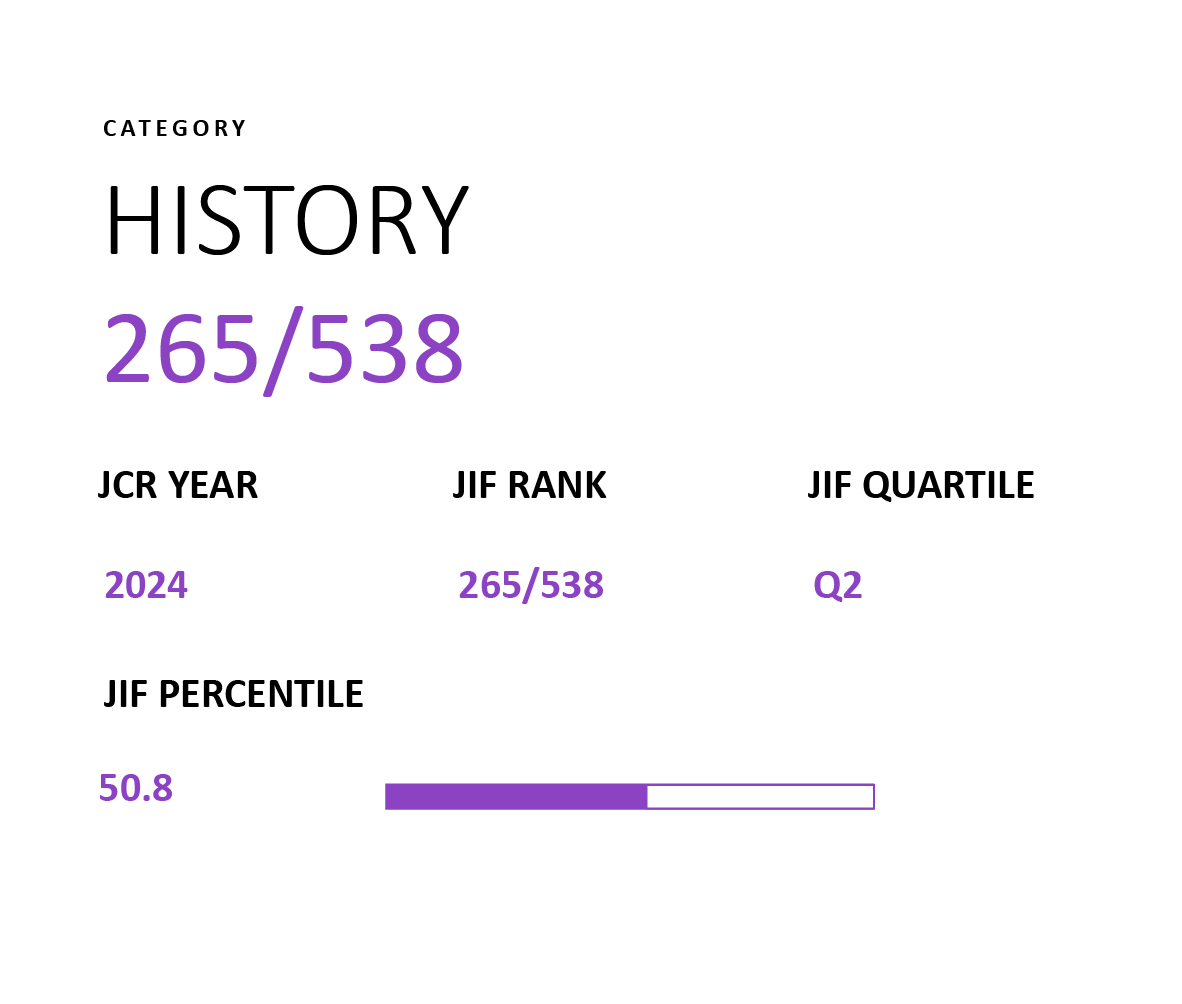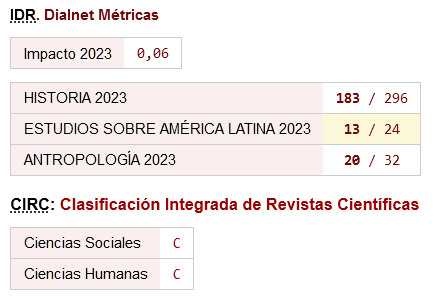Elio Ortiz García y la Literatura Guaraní
Keywords:
Idioma Guaraní, Chaco Boliviano, Elio Ortiz García, Novela GuaraníAbstract
En este artículo se hace un breve análisis de los aportes antropológicos, sociológicos y lingüísticos a la lengua y cultura guaraní del chaco boliviano; pero, ante todo, se valora el aporte a la literatura escrita realizada por el escritor guaraní Elio Ortiz García. Para ello, se inicia por un recorrido general sobre la nación guaraní; luego, se hace un breve análisis de los aportes escritos a la lengua y la cultura guaraní a partir de tres ‘categorías’: el ñande reko (nuestro modo de ser), el arakuaa (la sabiduría) y el ñee (la palabra) como elementos imprescindibles para entender la cosmovisión guaraní; posteriormente, se hace una reseña de la novela Irande: Ara Tenondegua Jaikue Kuñatai Oiko Vae, escrita por Elio Ortiz. Finalmente, el artículo cierra con reflexiones en torno al devenir del ñande reko.
Kuae tembikuatiape amae, keraïko karai reta iyarakuaa, jokuae antropología, sociología jare lingüística jei vae ñande mbori omomirata vaerä ñande reko. Jokoraiñovi, aecha araja keraïko kei Elio Ortiz jembikuatua reta ñande mbori tuicha vaerä ñande reko guaranira yaiko vae. Jaera, aechauka rai ñande rëta jeko; jokoguiye, amaerai-rai aja kereïko tembikuatia reta ñande mbori yambotuicha jare omboete vaerä reta ñande reko, ñande arakuaa jare ñande ñee, echako kuae reta jae ñande mbaemi. Jokoguiyé, ayapovi metei kuatiami kei Elio jembikuatire, kuaere: Irande: Ara Tenondegua Jaikue Kuñatai Oiko Vae. Ayokenda vaerä kuae che rembikuatia, aeya che ñee kereïtako kuri ñande reko, mbaeti yaguata oretenondegua reta iñee jupi rupi yave.
This article looks at the contributions put forward by anthropology, sociology and linguistics to the Guarani language and culture from the Bolivian Chaco region. Its primary focus is the literary contribution by writer Elio Ortiz García. In view of this, this paper firstly provides an overview about the Guarani nation. Secondly, it analyses the written contributions to the Guarani language and culture by means of three analytical categories, namely ñande reko (our way of being), arakuaa (wisdom) and ñee (the saying), as underlying elements to understand the Guarani worldview. Thirdly, it makes a review of the novel Irande: Ara Tenondegua Jaikue Kuñatai Oiko Vae, written by Elio Ortiz. Finally, the article proposes some reflections on the future of the ñande reko.
Downloads
Downloads
Published
How to Cite
Issue
Section
License
Unless otherwise indicated, all contents of the electronic edition are distributed under a "Creative Commons Attribution-NonCommercial-ShareAlike 4.0" (CC-BY-NC-SA) licence. (CC-BY-NC-SA). You can consult the informative version and the legal text of the licence here. This must be expressly stated in this way when necessary.
In any case, the authors retain all rights to the published texts.











